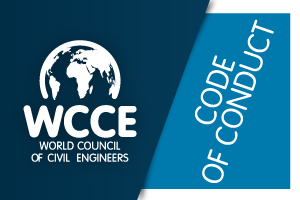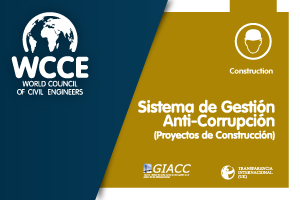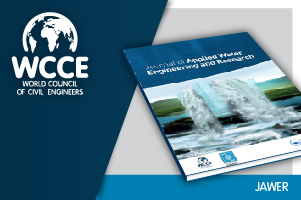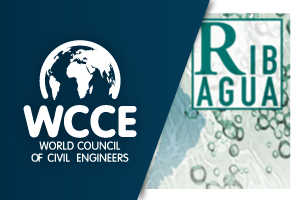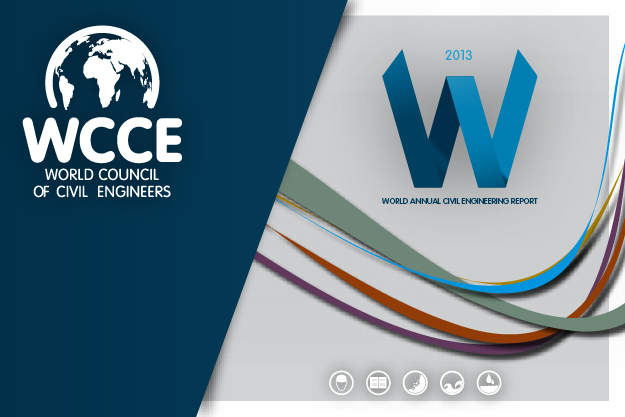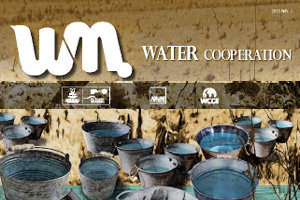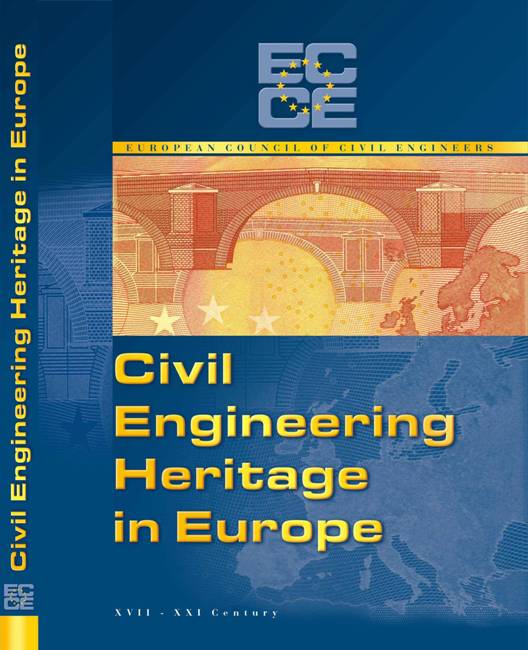💡 WCCE Columns - Food for thought






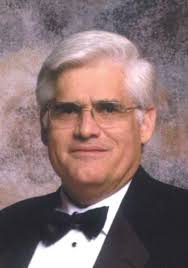
WCCE Past President Emilio Colon
The Construction Sector has been identified by international lending institutions and certain Non Governmental Institutions as responsible for significant economic losses from corrupt activities related to construction projects. Because to a large extent, this represents a significant amount related to public construction and large infrastructure works, the sector needs to focus on the causes of this corruption and how to prevent it.
This efforts needs to involve all parties involved in the Construction Sector, from Contractors, Sub Contractors, Suppliers, Professionals, including engineers, architects and attorneys, Government at all levels, Financing and funding institutions, insurance companies, project owners, NGO’s, Academia and the media.
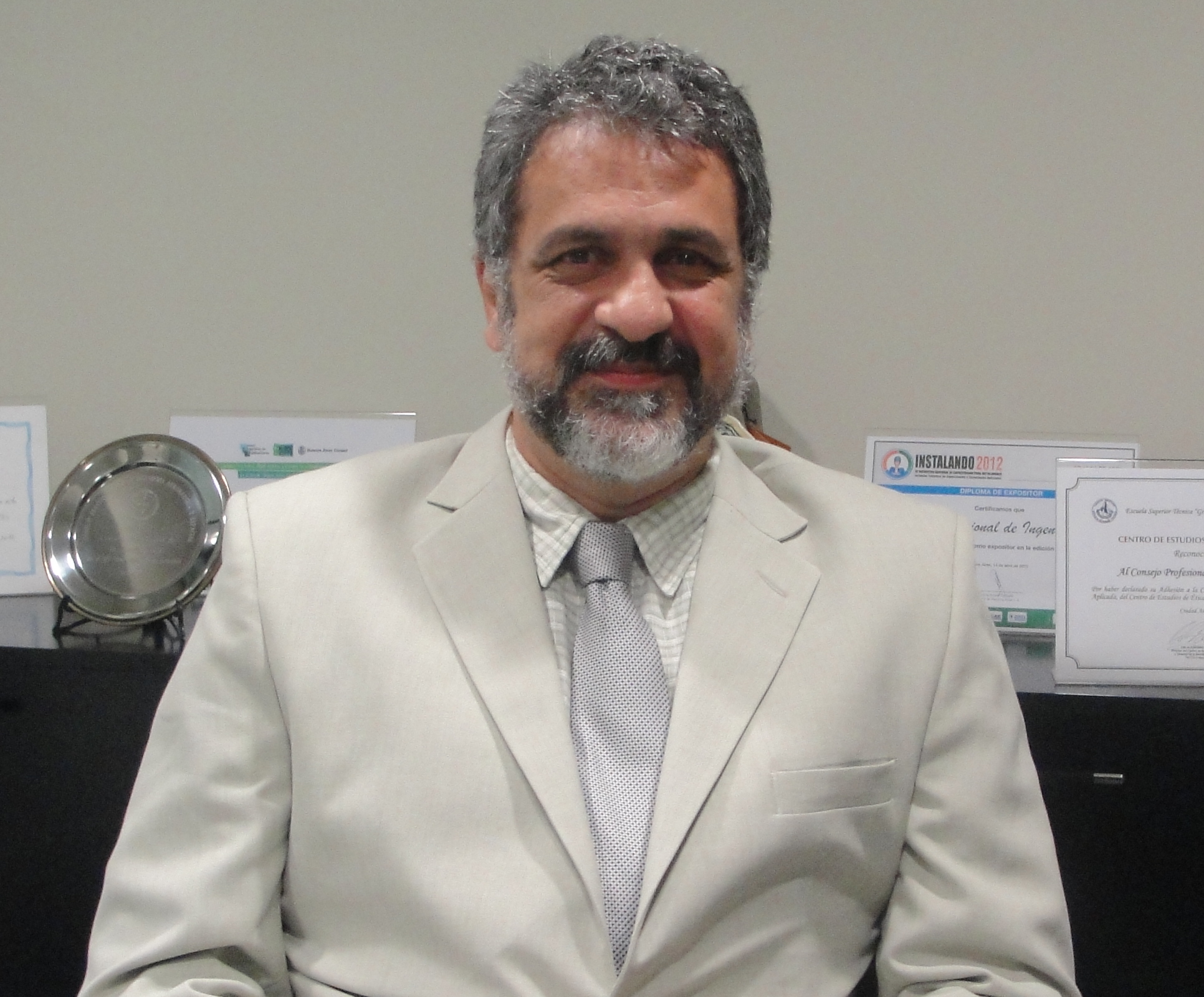
Jorge Abramian, WCCE President Elect
A previous research about the civil engineering profession sparked the interest to investigate how different countries define this practice. The mentioned research related to the number of civil engineers available in different countries, and showed a correlation with population, being the average of the 38 sampled countries close to 1.050 civil engineers per million inhabitants.
However, the data scattered and its standard deviation was somewhat large. Interestingly, some of the respondents pointed out that in their countries the definition of civil engineers was generally broader than in the rest of the world – those countries were not taken into account in the mentioned investigation as would bias the results.

Jorge Abramian, WCCE President Elect
Suppose a country is expecting a steady growth for several years due, for instance, to an increase in the prices of its exports. What can limit that growth? Certainly, when the economic cycle is favorable, a country could increase its GDP to a limit given by several boundary conditions: aptitude and abilities of the labor force, availability of energy supply, industrial capacity utilization, logistics and transportation infrastructure, and financial strength, to name a few. As a growing country requires more infrastructures, the number of civil engineers available to design and build the necessary works also becomes one of the key factors to guarantee development. Then, how many civil engineers are required to keep up with the growth? Or, in other terms, how many civil engineers should be added to the market each year? Difficult to measure, these questions remain unanswered, but this paper, through the collection of data from 38 countries, provides a perspective to the problem.
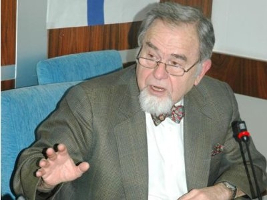
Professor Tügrul Tankut
Vis-à-vis the social, cultural, economical and especially technological changes in the last few decades, the civil engineering education approach adopted by most universities appears to be somewhat outdated. It is feared that engineers graduating today carry neither the desirable qualifications of the civil engineer of the last century nor they seem to be properly trained for the civil engineering applications in the coming decades.
ECCE – The European Council of Civil Engineers has formed a Task Force to investigate into the problem mentioned and to develop improvement proposals if possible. A position paper will then be issued to reflect the views of the Council formulated on the basis of the findings of the investigation.
At the first stage of the work, a Problem Identification Survey is being carried out in the participating countries. The survey consists of four parallel questionnaires designed to complement each other; one for the civil engineering faculty, one for the civil engineering senior students (fourth and/or last year), a third one for the practicing civil engineers and the last one for the administrators of the civil engineer employing companies.
The coordinator of the project has proposed to convert the work into a joint WCCE – ECCE project, so that WCCE member countries can also participate in the work and enrich the outcome of the project. This proposal awaits the approval of the WCCE General Assembly. WCCE member countries will immediately be invited to participate in the project activities, if the proposal is accepted.


